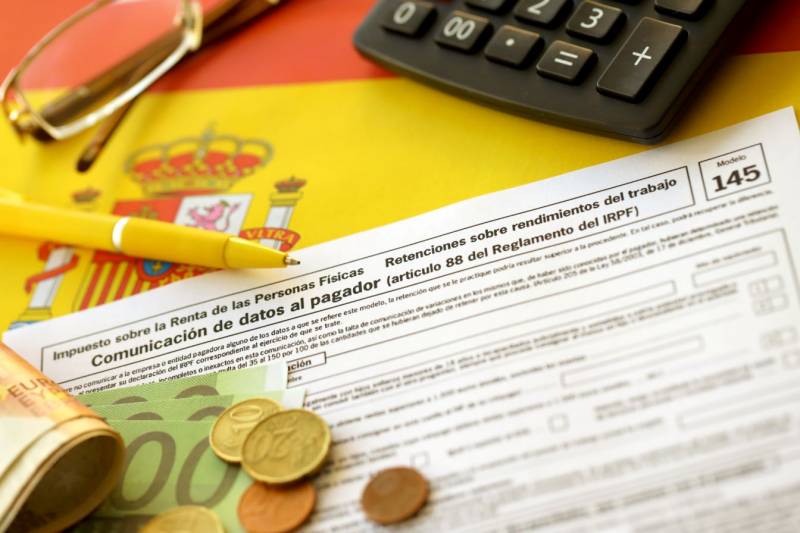Date Published: 10/03/2023
Spain cracks down on foreigners presenting incorrect tax returns
ARCHIVED ARTICLE -
The Tax Agency has a stricter Tax Control Plan this year to deal with foreign residents who either do not declare their income or declare as non-residents
The Tax Control Plan 2023, the instrument in which the Spanish Tax Agency establishes its main lines of action for this year, which has been published in the Official State Gazette, has reinforced its controls against the fraud variant of false non-residents, says tax lawyer Isaac Abad.
What this means is that this year there will be stronger measures taken against people who, being tax residents in Spain, spend more than 183 days in the calendar year (from January 1 to December 31) instead of paying the
IRPF Personal Income Tax, pay the Non-Resident Income Tax IRNR, simply declaring the imputation of their home in Spain, or not making any declaration at all.
Abad, who has been advising expats and foreign homeowners in Spain for over 25 years at his
Abad Abogados law firm, says, “The benefit they obtain by doing this is possible thanks to the fact that the IRNR has a lower tax rate than the IRPF Personal Income Tax, allowing only the income obtained in Spain to be taxed, without the need to declare all the income generated worldwide.”
However, the Tax Agency has detected a large amount of fraud in this sector, and is ready to combat it with the large amount of information it has available.
“In addition, the information available on people who own companies with high-end homes will be exploited,” says Abad. “To prevent indirect ownership of real estate by non-residents, specific plans will be implemented to ensure the correct taxation of wealth.”
In short, the Tax Agency will introduce stricter surveillance of citizens resident in Spain who file their Non-Resident Income Tax (IRNR), with the aim of artificially reducing their tax bill.
Electronic payments
The 2023 guidelines reinforce the need to act on economic activity holders using ‘virtual payments’. In particular, it will seek to obtain information on digital payments made through entities or applications whose registered office and servers are located abroad, within the framework of EU regulations, says Abad.
“The directives have a special focus on the use of virtual currencies. The need to check their taxation is highlighted and there is an incentive to promote actions to locate crypto-assets subject to seizure.”
International taxation
The Central Delegation of Large Taxpayers, with the support of the National Office of International Taxation, has implemented a “360 strategy” to reinforce the control of tax risks in the pricing of related-party transactions between multinationals. This strategy has made it possible to intensify control in recent years.
“Inspection activity in this area will be reinforced with the promotion of joint inspections together with other tax administrations. In addition, long-term compliance will be sought through the signing of prior valuation agreements,” Abad assures.
“Attention will continue to be paid to those structures and patterns of behaviour that take undue advantage of the low taxation of certain territories, tax regimes or structures, which can be copied or standardised for use by a large number of taxpayers.”
Fighting the black economy
During 2023, Spain’s inland revenue Tax Agency will intensify control over areas and business models where there is a risk of a shadow economy. This will include traditional tax visits in many sectors, with a special focus on construction, rehabilitation and refurbishment of real estate, according to the tax lawyer.
Fraud control in the collection phase
Together with the extension of the analysis of collection risks to new manifestations of wealth, the 2023 Guidelines underline the importance of strengthening international cooperation for the recovery of tax claims by further exploiting information exchanges with other administrations and improving tools for the targeting of debtors with signs of wealth abroad, especially within the EU.
Isaac Abad advises any foreigner who owns property in Spain or who has any sort of income to consult a qualified tax lawyer to take care of their tax returns for them.
article_detail

|





 be able to undertake official paperwork in Spain, to completing your residency and visa requirements, they are there to ease every step of the move to Spain for people wanting to come and live in the country.
be able to undertake official paperwork in Spain, to completing your residency and visa requirements, they are there to ease every step of the move to Spain for people wanting to come and live in the country.


















